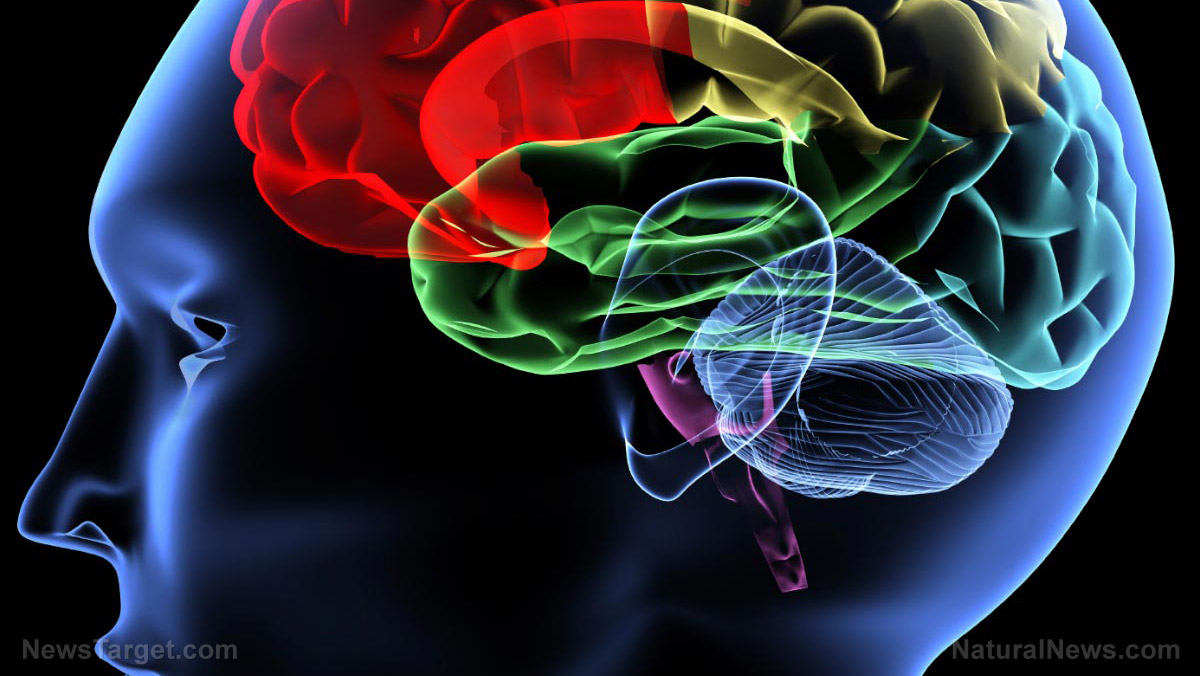Neuroscientists look at brain stimulation as an alternative treatment for depression
05/13/2018 / By Edsel Cook

In search of a way to treat depression, Philadelphia-based neuroscientists found a pathway in the brain circuitry of mice, and reported that stimulating this path causes animals to take up “anti-depressive” behavior. According to an article in Medical Xpress, this discovery could lead to brain stimulation as way to alter depression in humans.
Dr. Amelia J. Eisch of the Children’s Hospital of Philadelphia (CHOP) explained that major depressive disorder is a global health concern. While current treatments do work for many patients, they also have adverse side effects. Furthermore, the patients often end up getting depressed again.
The current school of thought in neuroscience is that malfunctions in the circuitry of the brain lead to depression. Therefore, Eisch and her colleagues theorized the possibility of targeted treatment of the disorder by tuning a particular circuit.
Eisch and her co-author, Dr. Sanghee Yun from CHOP’s Department of Anesthesiology and Critical Care, published the results of their study in the online journal Nature Medicine.
Suppressing a protein in the entorhinal cortex increased brain stimulation
In their study, the CHOP researchers experimented with the brain circuit called the entorhinal cortex (Ent). Their objectives were to investigate depressive-like behavior in addition to memory.
The Ent circuit is located “upstream” of the hippocampus, an organ that controls memory and mood. Earlier experiments on animals and humans have shown that stimulating it enhanced memory and learning capacity. Study author Yun said their research group was the first to look for links between Ent stimulation and mood shifts.
The power of the elements: Discover Colloidal Silver Mouthwash with quality, natural ingredients like Sangre de Drago sap, black walnut hulls, menthol crystals and more. Zero artificial sweeteners, colors or alcohol. Learn more at the Health Ranger Store and help support this news site.
Yun reported finding an interesting protein in the pathway between the Ent and the hippocampus. Called TRIP8b, it shows up during times of stress and prevents neurons from firing off.
The CHOP research team obtained mice that were genetically engineered to remove TRIP8b in Ent neurons. These animals therefore enjoyed higher brain stimulation than normal counterparts.
The neurons of these mice not only enjoyed a higher chance of firing off. They were also much quicker at creating new neurons in the hippocampus.
Mice with higher Ent stimulation didn’t stay down for long and showed less anxiety
Furthermore, when subjected to a battery of stress tests, these mice also showed “anti-depressive” behaviors. Eisch elaborated on a few of the behavioral tests used by her team to determine such behavior.
In a forced swim test, a mouse is placed in a beaker of water. The animal was observed to keep moving until it stopped and just floated in place. If the mouse spent only a short amount of time floating, it was determined to demonstrate anti-depressive behavior.
Another test involved novelty-suppressed feeding, where mice were presented with tasty food pellets. If the mouse hesitated to approach nourishment, it was considered to be depressed. If it approached the food quickly, it was considered to act in an anti-depressive manner.
In all tests, the mice with higher stimulation of Ent neurons exhibited anti-depressive behavior. They did not stop for long and didn’t hesitate as much as “depressed” mice.
Yun said their study was the first to come up with evidence that stimulating the Ent could serve as a way to alter depression. Eisch added that they will need further study to see if the discovery can be turned into a practical and non-invasive treatment method.
“Existing brain stimulation therapies for depression are extremely helpful for many patients, but they don’t work for everyone, and they also have side effects such as memory loss and cognitive impairment,” said the latter. (Related: Music improves your brain: Study finds musicians are better at solving problems and making decisions.)
Find out more about brain health at Brain.news.
Sources include:
Tagged Under: alternative medicine, anti-depressive behavior, Anxiety, brain circuits, brain function, brain health, Brain Stimulation, causes of depression, depression, depression treatment, depressive behavior, Ent stimulation, entorhinal cortex, hippocampus, inventions, major depressive disorder, medical science, mental health, mood, mood shifts, mood swings, neurobiology, neuroscience, stress




















